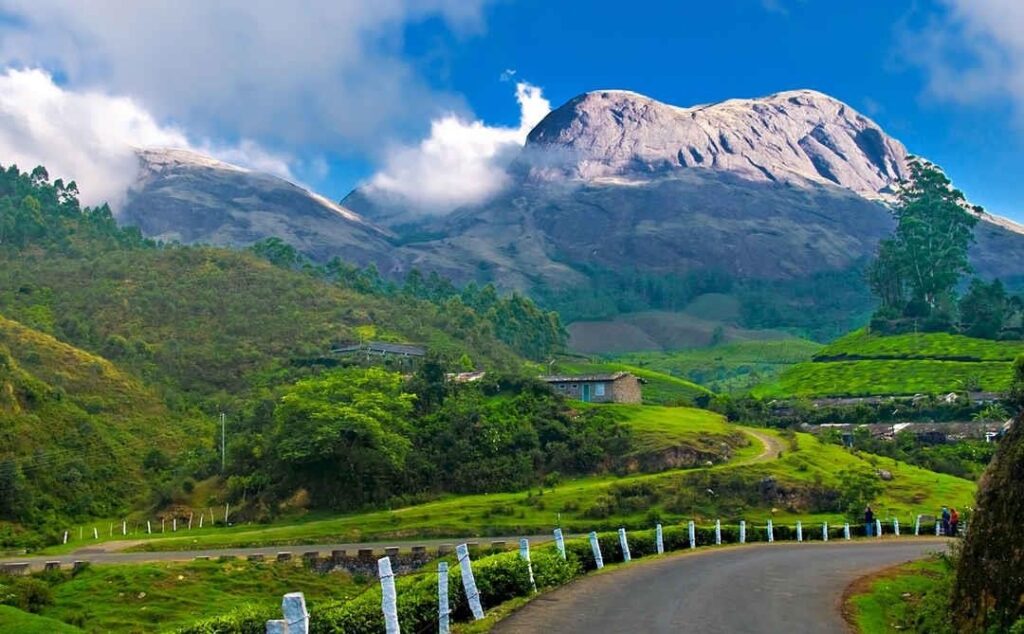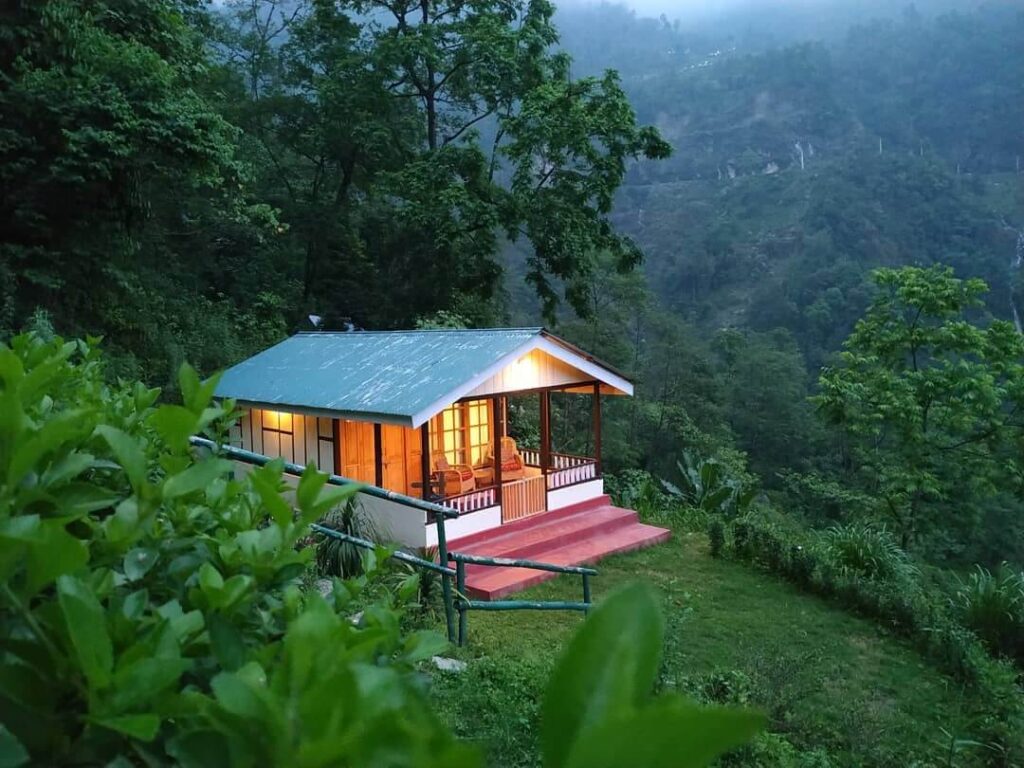146Views

Integrating Sustainability in Tourism and Hospitality
Traveling remains an integral part of every individual’s life offering rejuvenation and bliss. With growing environmental concerns and to make Mother Earth a greener planet, sustainability is a vital component of the tourism and hospitality business. Novel ideas are emerging and are equally encouraged, transforming the idea of tourism as an exotic, status- driven, and conspicuous consumptive affair to an altogether different realm of reaching out to Nature, embracing it, and finding a deeper connection with the positive energy that unfolds.
It has been estimated that the Indian sustainable tourism market can grow at a rapid CAGR of 19.3% from 2022 to 2032.
Businesses are crafting well-thought-out strategies and allowing a greater degree of flexibility in their operations to curate as per customer needs aligned with strong environmental consciousness.

Some unique ideas are:
- Forest bathing
Also called as ‘Shinrin-yoku’, in Japanese, it dwells on the idea of complete
immersion in Nature for improved physical, mental, and emotional well-being.
From a business perspective, it hardly requires huge investment or operational costs. Local knowledge of an area is the chief requirement, which can be achieved through community participation.

- Workations and micro-cations
These are short trips, often taken at the last minute, requiring budget-friendly getaways with the least planning. This is popular among the millennials and remote working employees, who do not want to miss the office even for a second, yet situated at a new place that recharges them. So, businesses must employ appropriate marketing strategies and special packages.

- Sustainable Tourism
Eco-tourism is an important idea when it comes to sustainability and is flourishing
greatly. Businesses are promoting the local flora and fauna with aesthetic landscapes. Added to it, is the concept of homestays which allows local people to project their hospitality and become self-made entrepreneurs.
Do check out for “Song of the Sea Homestay” at Kasaragod, Kerala, and the “Mountain Breeze Homestay” at Jibhi, Himachal Pradesh.

Added to ways in which the tourism sector is integrating sustainability through resource conservation, revival and promotion of our traditional heritage, and local community participation, the hotel industry also leveraged efforts towards greener business. These include switching to energy-efficient practices like installing LED lighting, implementing
biogas initiatives, sourcing organic and local ingredients for the menus and engaging in social initiatives like eco-tours, promoting local community practices, which in turn, increases
environmental stewardship. Those businesses that couldn’t devise these initiatives may face regulatory issues, reputational risks, and rising operational costs.
For instance, the concept of “Responsible Luxury” by ITC Hotels mandates them to use renewable energy for more than 57% of their electrical requirements and over 50%
reduction in water consumption. It is also among the first hospitality chains in India to discontinue single-use plastic across its operations.

Integrating the idea of sustainability is critical to the viability and growth of the tourism and hospitality sector. It can leverage enterprise reputation, attract environmentally conscious travelers, and enhance brand loyalty.

